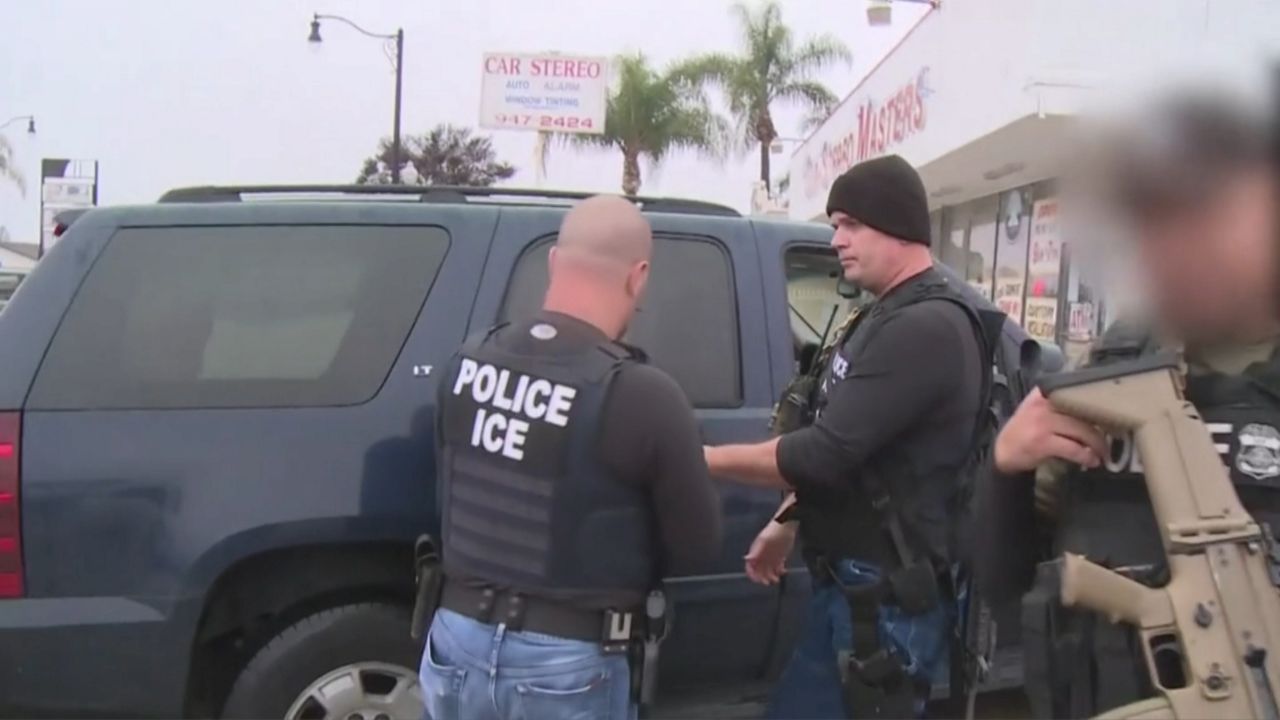CENTRAL FLORIDA — Hispanic leaders in Central Florida are wondering whether U.S. immigration agencies will carry out raids that President Donald Trump said would begin starting right after the Fourth of July.
- Immigrants, advocates still wonder about threatened ICE raids
- Raids were to begin 2 weeks ago but Trump delayed them
- Hope CommUnity Center informing immigrants on their rights
- RELATED:
The raids were originally set to begin two weeks ago before the president delayed them.
Community leaders are preparing to fight back by educating illegal immigrants in Central Florida on their rights and what to do if they are confronted by U.S. Immigration and Customs Enforcement agents.
The original list of targeted cities included Miami but none in Central Florida.
A Trump administration spokesperson said as many as 1 million illegal immigrants who were issued final deportation papers and remained in the country will be deported.
Hispanic leaders recently said that illegal immigrants are still afraid of being targeted. They continue to go to work to save money just in case they need it to pay for their release if they are arrested or detained.
"We are trying to suppress as much as we can, give resources as much as we can. We're seeing all these images that are happening at the border and in detention centers. It's just inhumane how our communities are being treated at this moment," said Eli Garcia, a community organizing and advocacy coordinator at Hope CommUnity Center.
Hispanic leaders are also teaching illegal immigrants how to interact with local law enforcement now after Senate Bill 168 was signed into law. It requires that local law enforcement fully comply with federal immigration agencies.
Many illegal immigrants fear minor infractions such as driving without a license could lead to an arrest or deportation.
However, in the legislation, it states that illegal immigrants who were victims of or witnesses a crime would not be deported when they report it.
A cosponsor of the law, Republican state Sen. David Simmons, gave further insights into the new law.
"This (law) relates to cooperating with the federal government after an individual has been arrested or convicted of a crime," said Simmons at the time.



